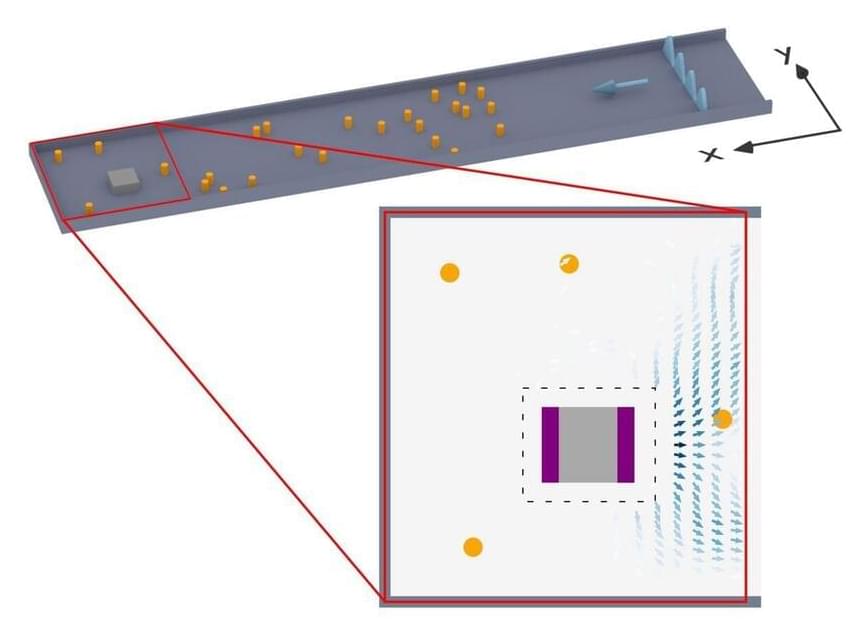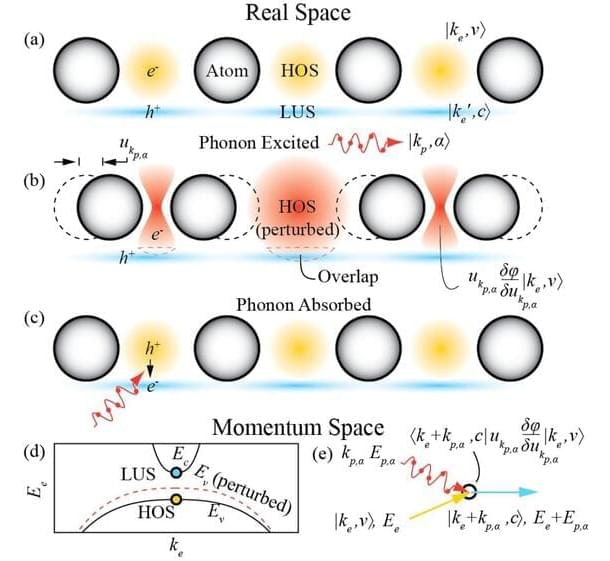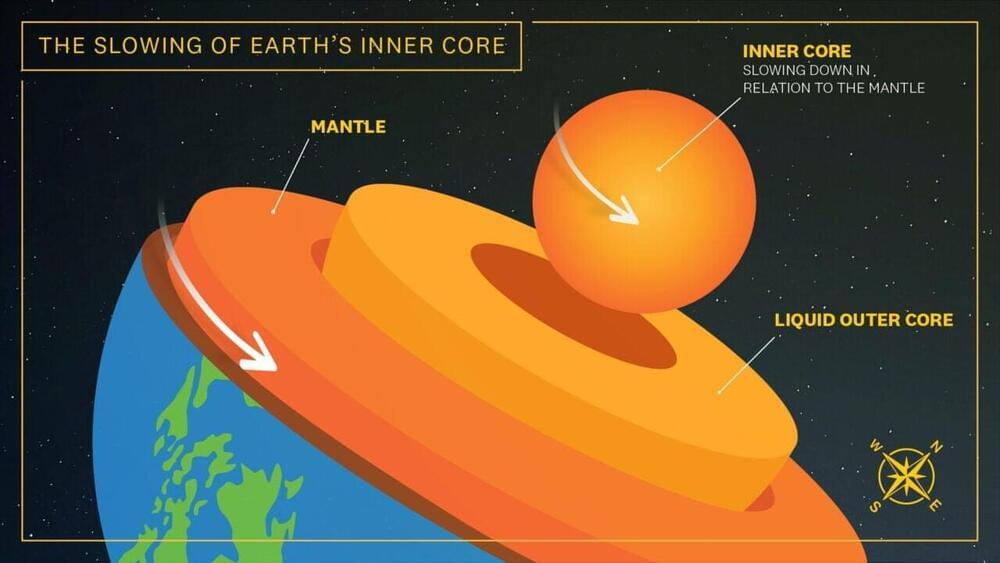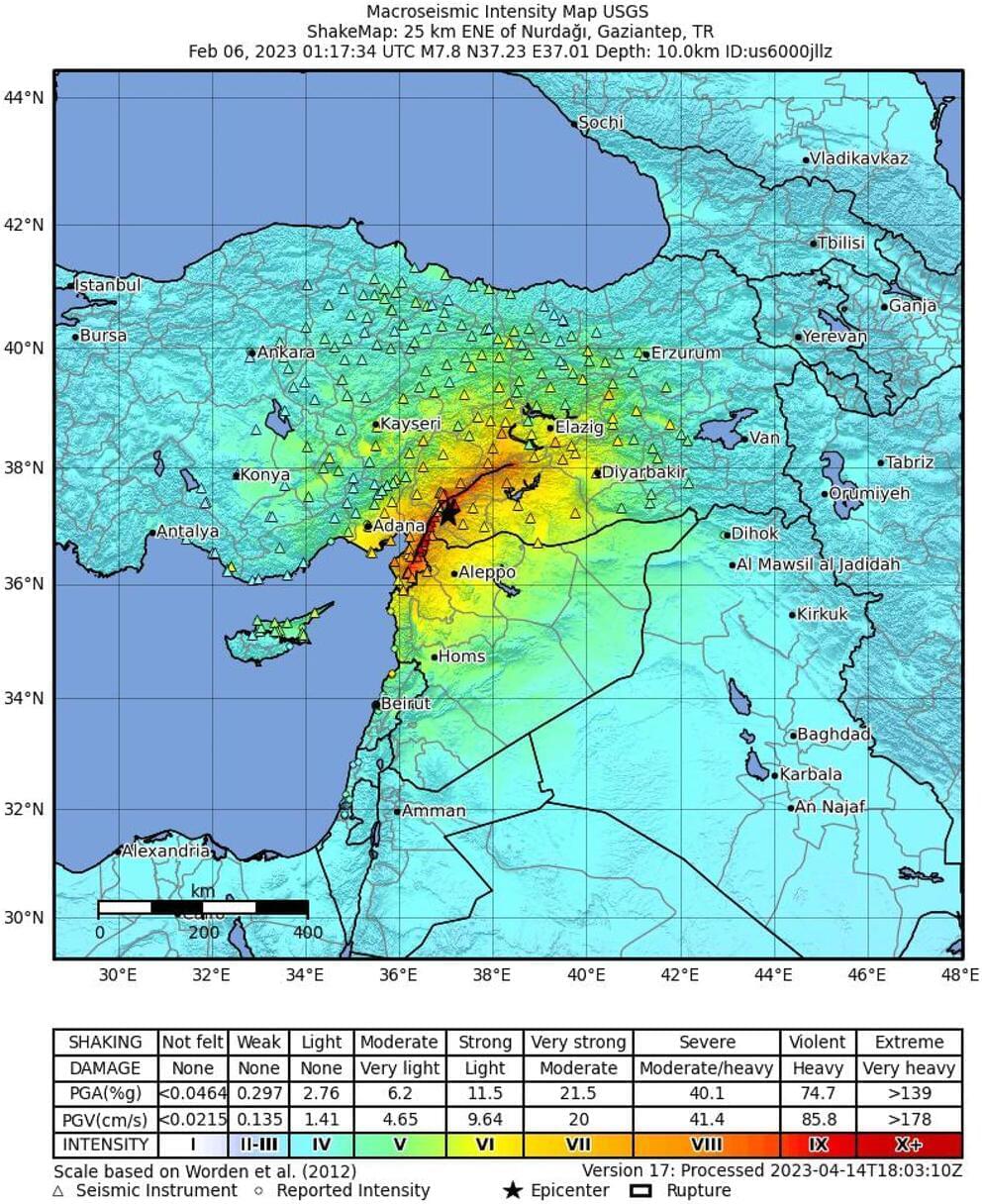Some scientists speculate that the strange happenings in this microscopic realm may hold the key to understanding consciousness. But scant evidence has left the majority skeptical.
That includes Christof Koch, Ph.D., meritorious investigator at the Allen Institute. As he wrote in his recent book, Then I am myself the world, “the brain is wet and warm, hardly conducive to subtle quantum interactions.”
But despite his skepticism, Koch is collaborating with scientists at Google Quantum AI and universities worldwide to explore the role quantum mechanics might play in shaping consciousness. A paper published in Entropy offers their novel theory on the links between quantum mechanics and consciousness and details a series of experiments to test it.








